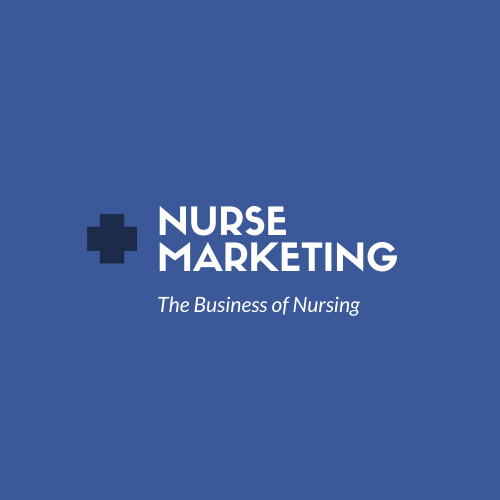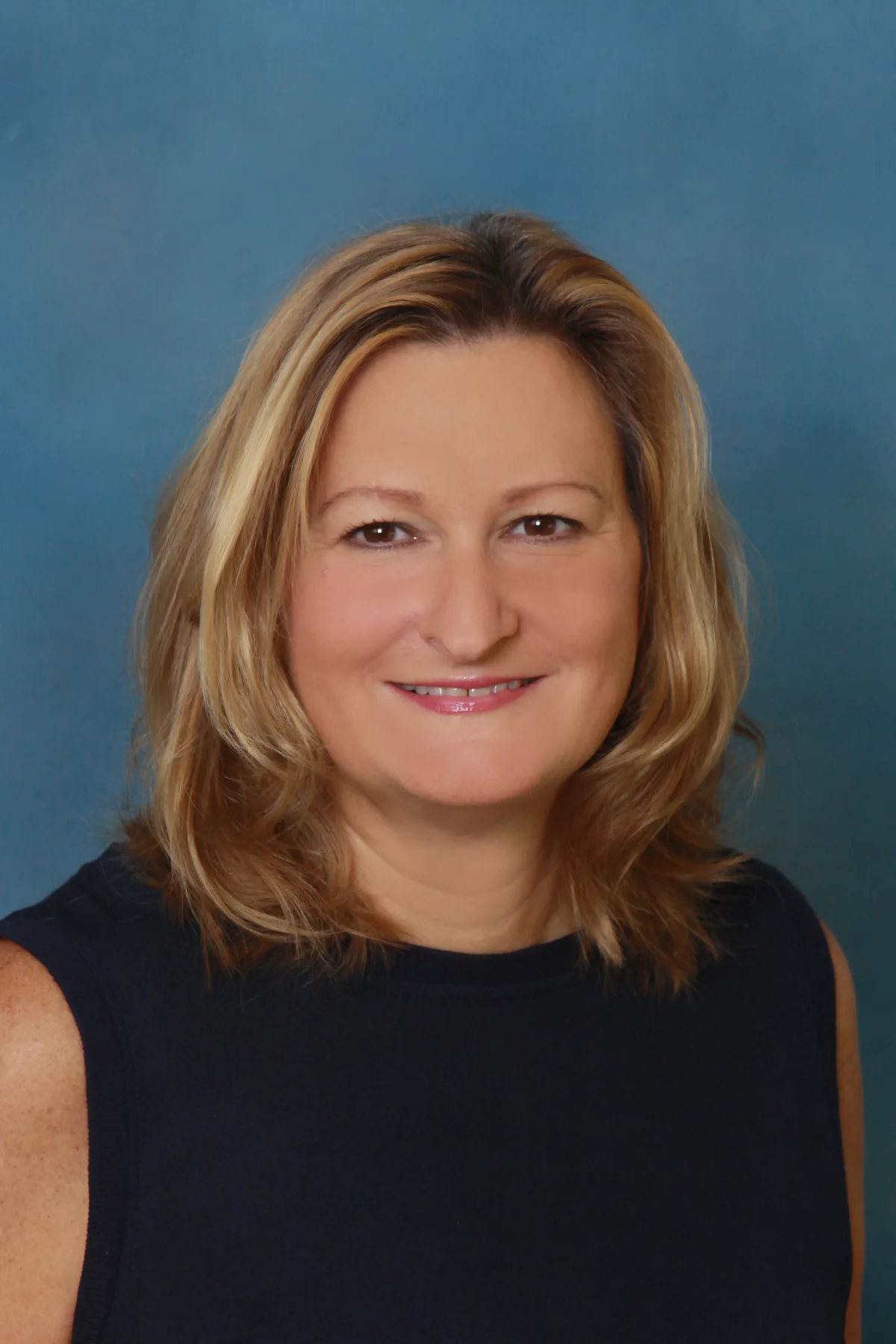What is your company name?
Nurse Agent X
What problem does your company solve?
My company promotes improved access and affordability to healthcare by educating and advocating for patients/families to be proactively engaged in understanding their health coverage. It is important that patients understand all the potential savings and costs for effective financial planning. This is achieved by collaborating with beneficiaries and walking through the projected expenses for a plan year and estimating their potential plan usage (this is where prior nursing and case management experience becomes crucial). Patients and their families can benefit from enrolling into a Medicare Advantage plan because there is a built-in financial protector which sets limits on healthcare costs during the plan year.
When did you first see this problem as one that needed to be solved?
Having worked as an emergency room nurse for over 10 years in several states, I have cared for patients who decided to sign out against medical advice because of the crippling fear of medical expenses. I have also cared for patients with multiple repeated admissions because of failure to afford the prescribed medication or failure to seek appropriate follow-up. Later, I transitioned into Case Management and the problems were even more forthcoming. It was evident that most patients were not aware of available resources/services in the community and how to employ cost control medical planning. It is imperative that patients understand their healthcare coverage and be able to anticipate the costs associated at each point of service. The use of an emergency room for non-emergent conditions is a common pitfall. These patients are incurring high costs when the same care could have been provided at a more appropriate facility, such as Urgent Care Centers or Primary Care Providers.
Did the problem ever seem like it was bigger than you?
The problem did seem insurmountable at first because there are many variables when discussing healthcare coverage. Some of the major variables include age groups, employment status and state-based medical coverage (Medicaid) and Point-of-Service. It would be imperative that all insurance companies develop a campaign to educate and engage their beneficiaries in using their coverage appropriately. Medicare, on the other hand, has very strict guidelines and is better regulated than employee health insurance. The population (beneficiaries) is defined and commercial insurance companies have to provide the same basic coverage as Original Medicare, making it easier to highlight the benefits of choosing a Medicare Advantage Plan.
What makes YOU stand out from others who may solve similar problems?
There are thousands of Medicare Solution Agents today who continue to do an awesome job in assisting beneficiaries in selecting their plans. My unique contribution is my Nursing and Care Management experience. I have cared for these beneficiaries as a frontline nurse and I have first-hand experience of the numerous challenges they face, especially when trying to navigate healthcare. This population is often faced with multiple chronic medical conditions. I am able to use my nursing knowledge of disease conditions and processes to guide their health planning. For example, a patient with Type 1 diabetes can expect to be prescribed insulin (which can be associated with a high cost), and will most likely have orders for blood tests such A1C checks (will need to consider outpatient laboratory visits, transportation, etc.). I am also able to advise beneficiaries how to anticipate services such as podiatry (for possible peripheral neuropathy), nutritional consults (for glycemic management) and other key areas which are important in comprehensively managing their conditions. I also maintain community resources for caregiver services, support groups, etc. All these are available at no cost to my clients. They really get the best of both worlds.
What, if any, concerns are there related to nurses NOT knowing about non-traditional roles?
Truth be told, most healthcare professionals are unaware of how insurance works. I have been asked multiple insurance-related questions by patients. As a nurse, my answer would be…."I don’t take care of that part" or "I can get a representative from billing to talk with you" or "Let’s focus on your health now and worry about the bill later." My answers were not just generic to avoid answering the questions; as a matter of fact, that was all I knew, and it was often the jargons my colleagues used as well.
If nurses are not aware of healthcare costs and coverage, we cannot advocate for patients, we cannot educate or even guide patients in planning for these expenses. Let’s look at this example: If a patient (35 years old) states he will lose his Medicaid coverage at the end of the month, what would be a follow-up question for the nurse? In the past, I wouldn’t know the significance of such info, I would probably be screaming ‘TMI’ in my head or simply wondering why he thinks his nurse needs to know this information.
However, now I am able to interpret that same statement as implying: He previously qualified because of a disability longer than 24 months, he was diagnosed with kidney disease and cleared after getting a transplanted kidney, or he has returned to work and no longer qualifies based on his income level.
An appropriate follow-up question would be: "What if anything, changed based on your prior qualifying situation, or have you started the application for another insurance plan or will you be paying out of pocket for follow-up, will you need to change PCP, etc.?" These are all pertinent questions that will determine if this patient will transition appropriately in the community or returned to the acute setting because of failed outpatient management.
Some say, "It's not what you know, it's about who you know." In terms of developing business relationships, do you agree with that statement? Please explain your rationale.
I totally agree with that statement. You can have the best product but if you cannot get in front of the right clientele, your product will remain just a product. Likewise, in developing business relationships, it is important that you are known by the right person(s) who are influential in getting your name and product out there. Networking becomes imperative if you are going to grow your brand and build substantial relationships.
Tell us about your transition. What was the process of moving away from the clinical role into a business role? What mindset shifts, if any, did you need to make?
A key part of the transition was to seek knowledge about insurance. I enrolled in an insurance training program and for the first couple weeks, I was reminded how clueless I was about the financial aspect of healthcare. As my illiteracy decline, my interest grew tremendously. I passed the state examination and got licensed. Now I was really destined to make a difference…or so I thought. I approached a few individuals with my new-found knowledge; many were receptive, but very reluctant to change anything. Now the question was, do I just continue working as a nurse, watching people sink deeper in medical debt? As a Case Manager, do I continue to help a few needy families with the declining limited resources available? Do I continue to put the best interest of the hospital’s profit first, or do I help individuals and their families make more informed health decisions? I decided on the latter, but could not find the job description to match my desires. By this time, my mindset had begun the shift from a clinical role into a business role, which was often overshadowed by fear of the unknown and inexperience. Occasionally, I stop to question if I made the right decision but remain committed to the journey into entrepreneurship. On difficult days, I remind myself that I will always be a nurse and I can always fall back to the bedside - only in case of an emergency. That said, my transition is still ongoing; I still maintain per diem status as a Case Manager.
What has been the hardest thing in starting in your specific type of business or job role?
The most challenging aspect of providing Medicare solutions is obtaining your book of business. Pursuing prospective clients, gaining their trust while remaining compliant with the Centers for Medicaid and Medicare Services (CMS) guidelines can seem insurmountable. However, with patience, persistent and determination, most obstacles can be overcome.
What has been the most rewarding thing about being in your business or job role?
The most rewarding aspect of my job is the appreciation expressed when a client enrolls in a plan that offers them the freedom and choice to seek the help they need. When the beneficiaries understand their benefits, it is easier to coordinate their care, which will lead to less hassle and frustration when trying to navigate the complicated healthcare system.
What would you say are the five important resources (books, conferences, associations) for a nurse who wants explore business?
"M.O.B.E website, networking with nurse entrepreneurs, e.g.: BNE, Marquis, B.L., & Huston, C. J. (2015). Leadership roles and management functions in nursing: Theory and application (8th ed.). Philadelphia, PA: Lippincott, Williams & Wilkins, The Leadership Motivation Assessment found at
http://www.mindtools.com/pages/article/newLDR_01.htm"
Let's talk legal stuff. Many nurses are afraid of this part of business. How did you address this concern in your business? What worked for you?
I am also afraid of the legal stuff! Outsourcing such services to the pros has saved time and headaches.
Who supported you during this transition? Did you have paid mentorship or coaching? If so, what made you make that investment in paid support?
My husband has been and remains my greatest support during my transition. He contributes his time, knowledge, experience and also offers ‘unpaid’ coaching services. I am now able to appreciate the information learned in my post graduate studies, especially relating to marketing and finance. I also have a handful of close friends and relatives who are very instrumental in the process, especially by offering words of encouragement. I have ongoing mentors and support through the insurance companies that I represent. I have not located a nurse or healthcare provider that offers the same or similar services. I will continue to endure a lot of trial and errors (learning moments) which are time consuming but crucial for growth to occur. The importance of paid coaching in this area would be invaluable.
What would you like others to know about what you do?
Meredith is the founder of NurseAgentX.com, and offers Medicare solutions for eligible Medicare beneficiaries. She now offers transitional coaching for healthcare workers interested in getting started in insurance. Meredith believes that in order to improve access and affordability to healthcare, patients and healthcare providers must be proactively engaged in understanding healthcare coverage and reimbursement.
Is there anything else you would like readers to know?
Starting a business is never easy. It's important that you are accountable and powerful to achieve your goals. Be true to yourself, follow your dreams, don't be afraid to fail and never give up trying.





















